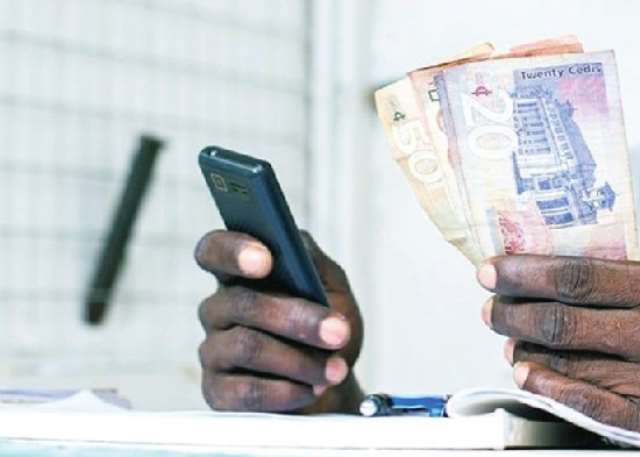
Ghana’s rapidly expanding mobile money loan sector is facing growing pressure to reform its uniform interest rate model, which many say unfairly penalizes reliable borrowers alongside high-risk defaulters.
Financial experts and consumer advocates argue for a tiered pricing system where customers who repay promptly benefit from lower rates, while higher-risk borrowers pay more.
Currently, mobile loan providers apply a one-size-fits-all interest rate regardless of repayment history, a practice that critics say disincentivizes good borrowing behavior.
Since 2017, mobile money accounts in Ghana have surged from 13 million to over 24.5 million this year, with transaction volumes surpassing GHS 3 trillion in 2024.
Analysts contend that lenders now possess enough data to differentiate borrowers based on their creditworthiness and reward timely repayment.
“It’s commercially sensible and fair,” one economist explained. “Why should someone who repays early subsidize those who don’t?”
The call for reform comes even as Ghana’s average lending rates have declined, dropping to 27% this year, with the benchmark reference rate falling sharply to 19.67% in August.
Despite this, mobile money loan interest rates remain stubbornly high, contributing to increasing default rates.
The Bank of Ghana has issued warnings about the consequences of delayed payments, noting that defaults are now being reported to credit bureaus — a development that could restrict access to future bank loans for many borrowers.
Advocates say implementing performance-based interest rates would better promote responsible borrowing and reduce defaults more effectively than punitive measures alone.
For market trader Ama Mensah, who relies on weekly loans to replenish her vegetable stock, the need for change is urgent. “I pay like clockwork,” she says. “Shouldn’t that count for something?”
As Ghana’s mobile loan sector continues to grow, stakeholders hope that fairer lending practices will soon bring much-needed relief to millions of borrowers across the country.



